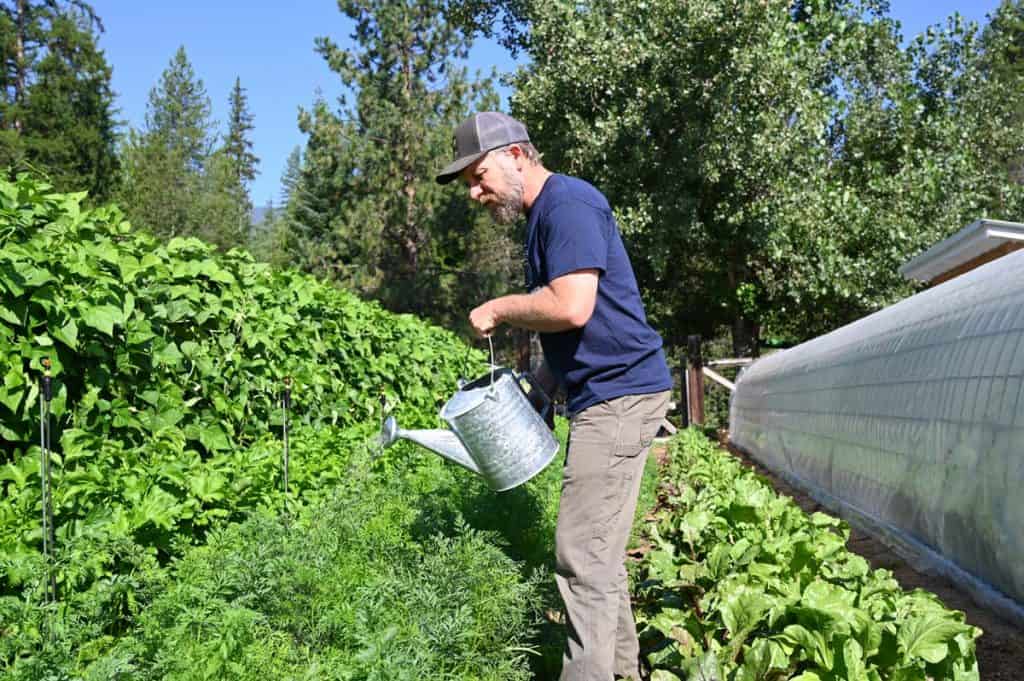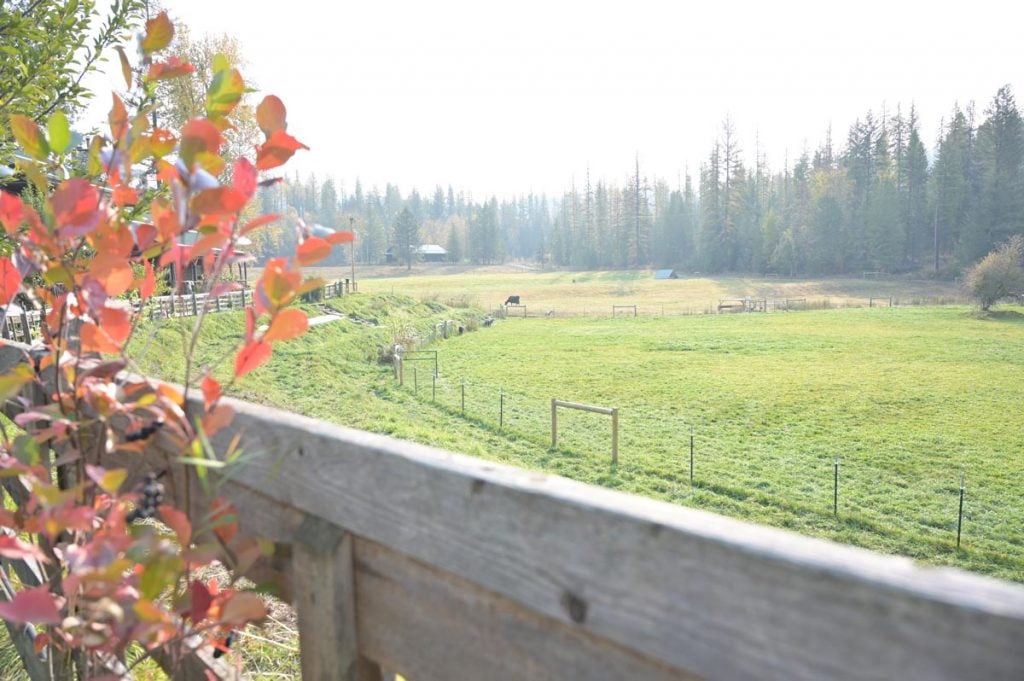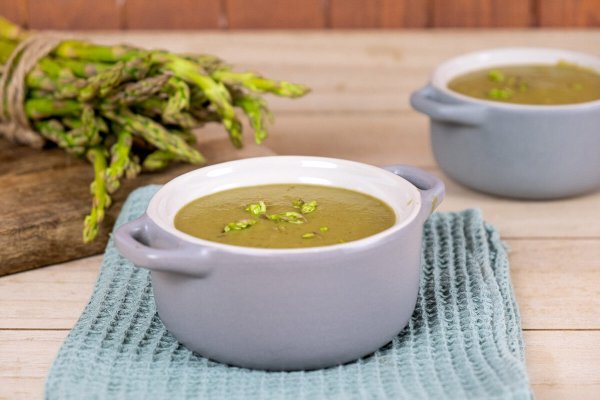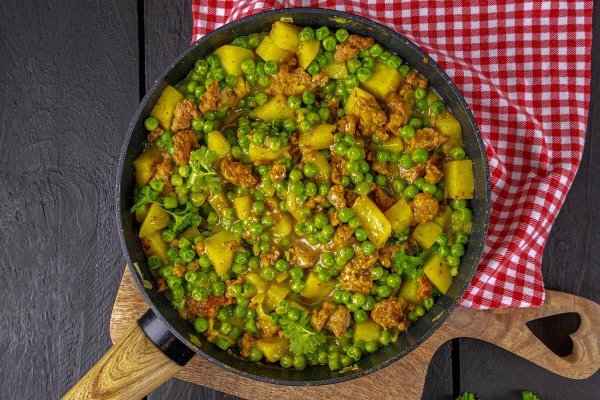Collecting rainwater for everyday use has been around for thousands of years because it works! Installing a rainwater collection system on your roof or elsewhere on the homestead can provide many benefits. Use this guide to help you start.

Why You Should Collect Rainwater
Water sustains all life; no human, animal or plant life can survive without water. When we were learning how to get started homesteading, we needed good water supplies to sustain all facets of our homestead.
Thousands of years ago, people collected water through a rainwater collection system. Today it’s one of the ways to increase self-sufficiency when homesteading.
Water collection, containment, and distribution should always be considered when prioritizing homesteading projects or buying a new homestead. Additionally, choosing a type of water system is one of the things to think about when considering going off grid.
We studied the health benefits of going off grid, and clean water is essential to our way of life.
By upgrading our watering system, we became more self-sufficient in the containment and distribution of water on our homestead.

What Is Rainwater Collection
Rainwater collection (or catchment) simply creates a system that catches rainwater in containers for homestead use, whatever that may be for you.
Homesteading can happen on a small scale, such as an apartment (where we started) or acreage like we have now. Fifty-five-gallon drums to large cisterns catch rainwater; it’s entirely up to you and your needs.
Is Rainwater Collection Illegal
Rainwater collection is legal in most states, but according to where you live, there may be specific requirements and regulations on rainwater catchment.
Some states deem rainwater as property of the state and govern its collection.
Contact your local and government health authorities for the guidelines in your area.

Benefits of Rainwater Collection
There are numerous benefits to collecting rainwater. Here are a few to consider:
- Cost Effective – Rainwater is free, falling out of the sky into your water harvesting system. A city’s water catchment area can reduce city water bills and conserve limited water.
- Sustainable – Water conservation and self-sufficiency work together to benefit the environment.
- Multiple Applications – Rain is clean enough for non-potable use and, when filtered, for potable use.
- Easy to Implement – The system is simple and relatively inexpensive to install and maintain.
- Versatile – Rainwater harvesting systems can be added to an existing property or built into a new one.
- Provides Security – When you collect and properly store water long-term, you are practicing emergency preparedness in times of water shortages and are ready to deal with short-term power outages.
- Educational – Monitoring water usage helps educate people about how much is used and how to conserve it.
- Improved Water Quality – It is healthier for gardens, plants, landscapes and fruit trees. There are no chemicals and chlorine to contaminate our food and renewable sources of water.
- Increased Safety – Reducing stormwater runoff and the risk of flooding is safer for our neighborhoods and farmlands.

Uses for Rainwater Collection
Most rainwater off the roofs of houses and other areas (such as barns or outbuildings) can be collected and used. It’s important to check it for quality and impurities depending on the roof material.
Rain gutters need a straining system to keep out leaves and debris before collection.
Harvested rainwater has many uses depending on your personal preferences and where you live. Whether on a homestead or in an urban area, rainwater is chlorine-free and safe to water gardens and use on compost piles, fruit trees, lawns and flowers.
Those living in cities with water restrictions can use it to wash their cars, rinse walkways and clean the dust off their patios and houses.
When the water gets plumbed to the inside of your home, you can use it as non-potable water, which is suitable for laundry, bathing, toilets and household plants.
Having your rainwater tested is an excellent way to be sure that it can be filtered and used as potable water for drinking water, washing dishes and produce, and cooking.

Methods of Rainwater Collection
There are several ways to collect rainwater: innovative, complex, and simple ways to achieve the goal, depending on the amount of water you need.
If you’re looking to supplement an existing water system, a simple method is using rain barrels, rain gutters with a screen system, and water pipes that direct the rainwater.
Something more complex would be a rainwater collection system that requires sizeable above-ground water tanks placed strategically near your home. These tanks can hold several hundred gallons of water and you can plumb them into your home through a piping system.
Innovative ways may be more streamlined to add water collection on a larger scale for all household use.
Pumps and plumbing (above and underground) with filtration systems you can monitor are just a few of the features you can add to personalize your rainwater collection system. These may require complete systems installed by experts.
No matter which option you choose, having some kind of water catchment system in place is a good idea. Learning how to utilize and implement these self-sufficient practices is a good skill to master while it’s not necessary, to be ready for the day when it is necessary.

More Articles You May Enjoy
- Urban Foraging – Finding Food in Unlikely Places
- How to Prioritize Homesteading Projects
- How to Buy a Homestead Property
- When Homesteading Feels Urgent
- 10 Things I Wish I Knew Before Homesteading
- Emergency Preparedness – 9 Tips to Be Sure You’re Ready
- What Is Homesteading?
- Our Farm Watering System at Riverbend
















